How can CBS close the enormous gender gap?

The Council for Diversity and Inclusion aims to make CBS more diverse. (Photo: Shutterstock)
80 percent of the professors at CBS are men and it has not changed since 1999. How is this going to change? Members of the Council for Diversity and Inclusion is currently visiting all of the 14 departments to talk about why diversity matters, because as one of the members, Alex Klinge, puts it, “You cannot be, what you cannot see.”
When the students are enrolled at CBS, the gender balance is as good as it can get. Almost 50/50. That number stays about the same when the students graduate, but if they choose to continue with their academic career, the statistics do not look so promising.
At the level of assistant professor (da: adjunkt) and onwards up to associate professor, professor MSO, and professor the imbalance in men and women increases rapidly. At the professor level, only 20 percent are women. And the figures have not changed one jot since 1999, making CBS the worst in class when compared to all other Danish universities
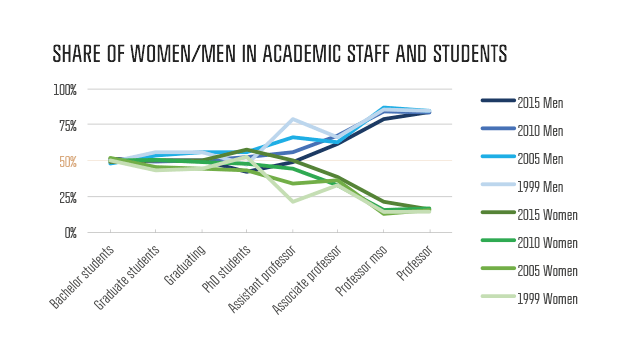
That is about to change.
The Council for Diversity and Inclusion (CDI) has, for about two years, advised the senior management about how to decrease the gender gap. Currently, Alex Klinge, CBS’ Equal Opportunities Officer, and other members of the CDI are touring the departments with the aim of raising awareness about the work that the council is doing, and to engage with the departments through dialogue on why diversity and inclusion are important.
“It actually all boils down to having role models. If you only meet male professors during your studies, it can be difficult to see yourself in that position if you are a woman. You cannot be, what you cannot see,” says Alex Klinge, who has visited 9 out of the 14 departments so far.
The tour is part of a four-step plan, as the council also plans to visit all the educational programs and the administrative units in order to come up with new recommendations for the senior management.
“We live in a time of innovation. This means that if you create the same team today as you would yesterday, you will end up with the same answers. Therefore, diversity is crucial for innovation. And if you don’t have inclusion, you will have wasted diversity. We want CBS to be diverse, but also to ensure that diversity comes into play through inclusion.”
The gender backlog
As a part of the tour, the council briefly maps each of the departments based on gender and the different types of nationalities. For example, the Department of Law naturally has a higher number of Danish researchers, as it primarily works with Danish law. On the other hand, the Department of Management, Society and Communication, is split 50/50 between Danes and internationals.
Once mapped, the findings are presented to the staff members of the departments, who then get a chance to comment on the data and share their opinion on diversity and inclusion as a whole.
“In total, only 30 percent of the permanent positions at CBS are filled in by women. What is the logic behind the fact that some of the departments have many women, while others only have a few? We need to talk about that, and also about why this difference exists,” says Alex Klinge and adds that the responses from the departments have been mixed, bur largely positive so far.
“The whole point of this tour is to engage with the departments through dialogue about diversity and inclusion. By doing this, we can collect the comments that we receive. Some people ask about why the imbalance is a problem, because to them it seems to be an individual choice, while others ask about what they can do to create change.”
The council collects all the comments, ideas, and opinions that were expressed during the meetings and then they analyze where the main issues lie, and what CBS can do to tear down possible barriers.
The CDI works as an advisory board for the senior management, and they aim to determine what CBS should do in order to improve diversity and inclusion. This means that the CDI does not create any rules to follow or goals to meet for the departments. Instead, they encourage the departments to continue the discussion on why the composition of the department is as it is, and what can be done to improve it.
“Looking at it historically, CBS was a man’s world for a very long time. Our culture is formed by this, and it generates backlog. But we are working on altering this culture through our intake of students and through the recruitment of researchers,” says Alex Klinge.
Give the students the tools to change the gender imbalance in society
Once the CDI finishes their tour in June and has had the time to go through the collected data, they want talk to the program directors of the educational programs, as they have some issues with gender diversity in education as well.
“The HR programs are flooded with women. However, the opposite is happening in the programs that focus on finance, accounting, and auditing. These programs probably need to work towards a better balance. That being said, there are many programs in the middle of the spectrum as well. But we need to go through all of them and see if there is anything we can advise them to do differently,” says Alex Klinge.
To him, it is crucial that CBS takes responsibility and makes sure that diversity is visible in all programs, and not just on average.
“It is our responsibility to give the students the tools needed to change the gender imbalance in the leading positions in Denmark, and to explain how important it is for everyone that we have an equal society. We need to tell the students that, just because they see men in many leading positions, it doesn’t mean that the young women shouldn’t aim for those jobs,” he says and continues:
“We need to work with and teach diversity and inclusion as topics, and make sure that everyone with the right qualifications gets the same chance. This is not the case today. We have a 50/50 intake, but in the world of academics, we lose that balance on every rung of the career ladder. Something is going wrong somewhere, and we need to figure out what it is and act on it. Hopefully, this will decrease the loss of talent.”



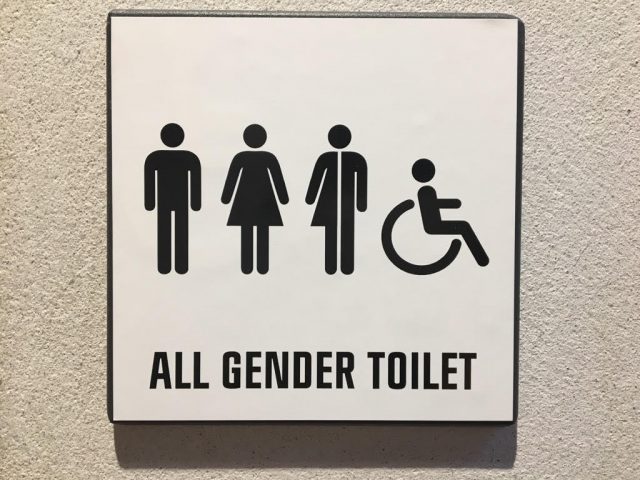
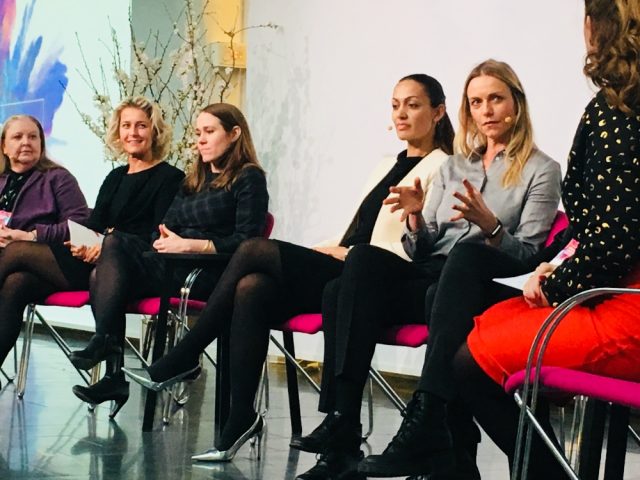
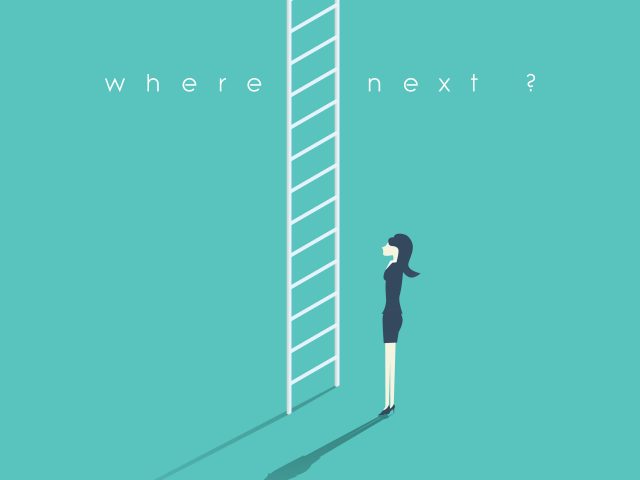

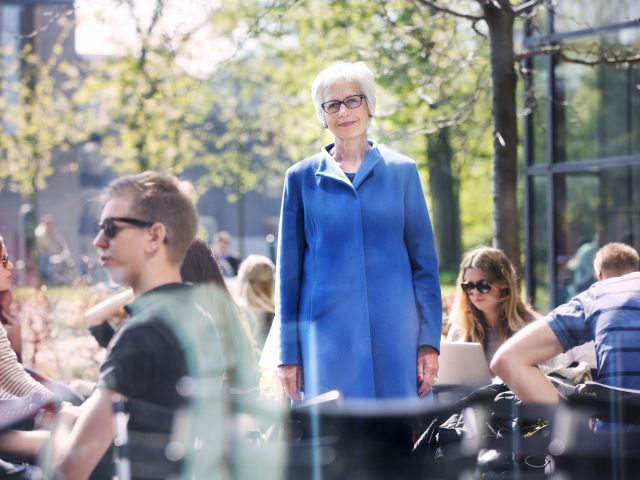




























































































































Comments